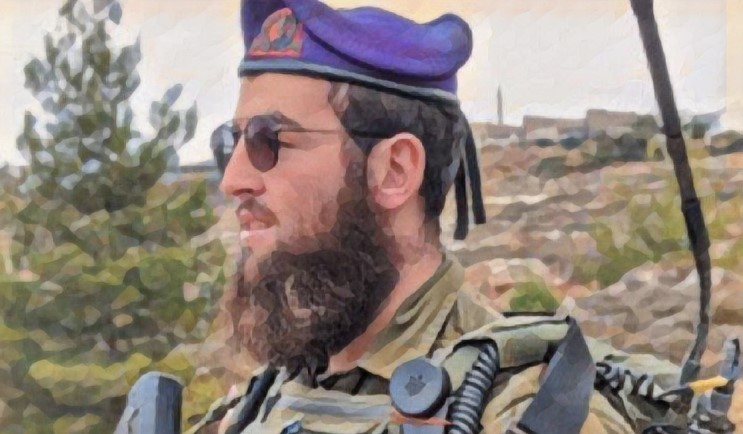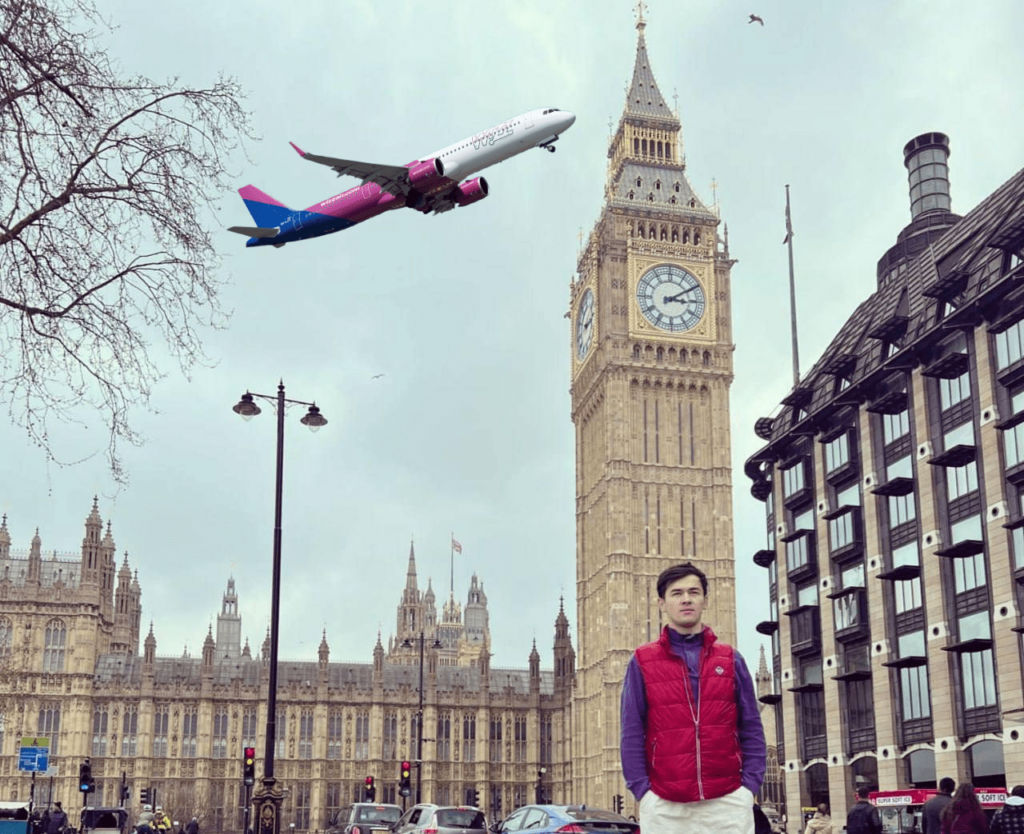Visa-Free Deal Under Review After Arrests of Uzbek Citizens in Dubai
The visa-free arrangement between Uzbekistan and the United Arab Emirates could be in jeopardy because of the increase in alleged violations by Uzbek citizens in the emirates, according to Uzbekistan’s Ministry of Foreign Affairs. The leadership of the Dubai Criminal Investigation Department told Uzbek diplomats in a meeting that 15 Uzbek nationals had been detained in an incident and an investigation was underway, Akhror Burkhanov, spokesman for the Uzbek ministry, said on Telegram. Several Uzbek media outlets have reported that two groups of Uzbeks clashed in a street brawl this month and that some of them were stabbed. Some reports said one person was killed. In the meeting between Uzbek and UAE officials, it was noted “that the recent increase in violations committed by Uzbek citizens could affect the visa-free regime between the two countries,” Burkhanov said in the post on Friday. He said the foreign ministry is working with law enforcement agencies on the matter and urged Uzbek citizens “to refrain from actions that tarnish the honor of our compatriots abroad.” In March, a court in Abu Dhabi sentenced three Uzbek citizens to death after they were convicted of abducting and murdering Zvi Kogan, an Israeli-Moldovan rabbi whose body was discovered in the Emirati city of Al Ain in November 2024. A fourth person convicted in the killing was sentenced to life in prison. An emissary for the ultra-Orthodox Chabad Hasidic movement in the UAE, Kogan also served as an aide to his brother-in-law, Levi Duchman, the Chief Rabbi of the UAE, who normalized ties with Israel in late 2020, a move met with skepticism in the UAE and across the wider Muslim world. Israel said the killing of Kogan was an act of terror. Some Uzbek citizens, meanwhile, have encountered problems trying to enter the United Arab Emirates. The visa-free regime between Uzbekistan and the United Arab Emirates started early last year. Citizens can travel to each other´s countries without a visa if they don’t stay any longer than 30 days. “This measure is considered an important step towards enhancing joint cooperation in the fields of politics, economics, culture, education and other areas of common interest,” the UAE’s Ministry of Foreign Affairs said.






